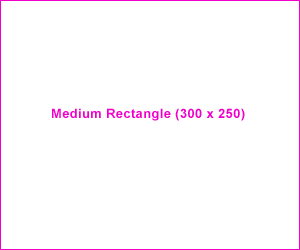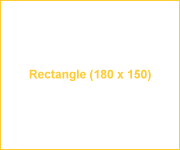White hat SEO

SEO Search Engine Optimization Search Engine Marketing Blackhat SEO Blackhat Marketing
 By relying so much on factors such as keyword density which were exclusively within a webmaster's control, early search engines suffered from abuse and ranking manipulation.
By relying so much on factors such as keyword density which were exclusively within a webmaster's control, early search engines suffered from abuse and ranking manipulation.
The acronym "SEOs" can refer to "search engine optimizers," a term adopted by an industry of consultants who carry out optimization projects on behalf of clients, and by employees who perform SEO services in-house. Search engine optimizers may offer Professional SEO as a stand-alone service or as a part of a broader marketing campaign. Because strong SEO may need changes to the HTML source code of a website and website content, Professional SEO tactics may be incorporated into website development and design. The term "search engine friendly" may be used to describe website designs, menus, content management systems, images, videos, shopping carts, and other elements that have been optimized for the function of search engine exposure. Another class of techniques, known as black hat SEO, search engine poisoning, or spamdexing, uses methods such as link farms, keyword stuffing and article spinning that chagrin both the irrelevance of search results and the sound property of user-experience with search engines. Search engines look for sites that employ these techniques in order to remove them from their indices.
Professional SEO
By relying so much on factors such as keyword density which were exclusively within a webmaster's control, early search engines suffered from abuse and ranking manipulation.
